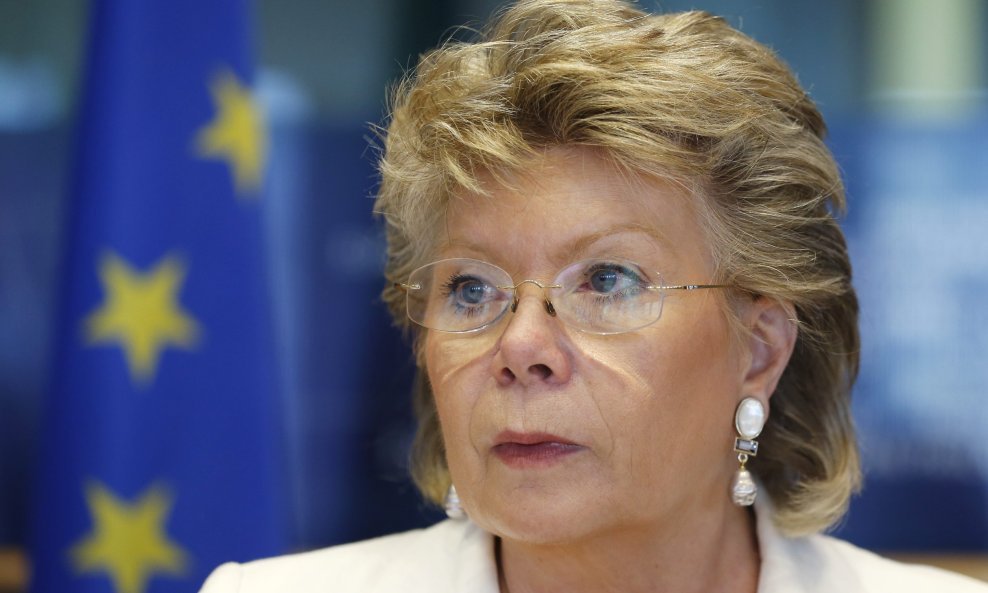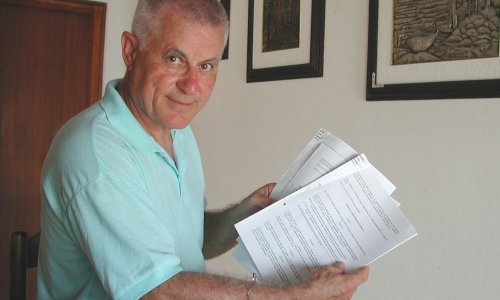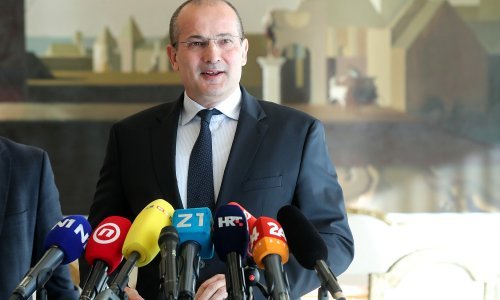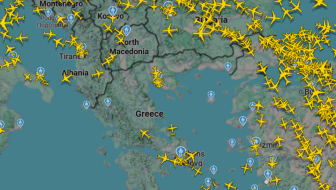Croatia has to by 23 August submit to the European Union the exact deadline by which it will adjust its national legislature on the European Arrest Warrant to that of the European Union, Mina Andreeva - the spokeswoman for the commissioner responsible for justice, fundamental rights and citizenship Viviane Reding - told the press on Tuesday.
In late June Croatia adopted the law on the European Arrest Warrant which limits the application of the warrant to crimes committed after August 2002. The law was dubbed "Lex Perkovic" as there were suspicions that the law was created to protect Josip Perkovic, a former Yugoslav and the later Croatian intelligence agent wanted by the German judiciary in connection with the murder of a Croatian dissident, Stjepan Djurekovic, in Germany.
Commissioner Reding sent a letter to Croatian Justice Minister Orsat Miljenic in late July saying that what Croatia had done on 28 June by adopting amendments to the law on the European Arrest Warrant was not in line with the European legislation and that it must be corrected, Andreeva told the press.
Commissioner Reding told Miljenic in the letter that Croatia must determine the exact deadlines by which it would implement changes to the law so as to adjust to the European Union acquis communautaire, Andreeva said. We expect an answer by 23 August, she added.
Reding sent the letter to Miljenic after she received a memo from a deputy from Germany's Bundestag who said Croatia was avoiding to act in accordance with the European Arrest Warrant.
The Justice Ministry received the letter from Commissioner Reading, however, it is not prepared to comment on it yet, spokesman for the ministry Sergej Abramov told the media on Tuesday.
"The letter has arrived, but we will not comment on it. The Justice Ministry has not previously commented on the consultations and written correspondence and it will not do so now either," Abramov said.
On 28 June, the Croatian parliament adopted the law on judicial cooperation in criminal matters with EU member states which provoked plenty of criticism from the opposition and a share of the public as well as dissatisfaction from the European Commission over the regulation under which limits the warrant to crimes committed after August 2002.

































